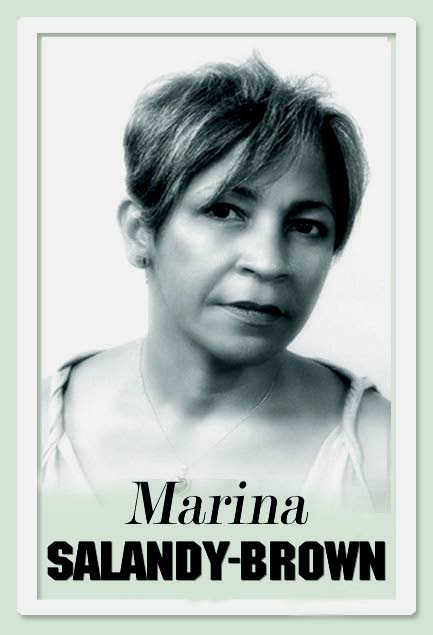Playing politics with nationhood

What is democracy? It is “an increasingly flawed system in which the so-called majority decide the fate of a country and its people.” This blogger’s definition resonated with me. It is an enormous power because decisions made have wide impact and long-lasting effect, even beyond a country’s own borders. Democracy may be problematic but some say it is the best of all the worst options. Sometimes, however, that compromise becomes very hard to abide.
This column was not meant to be about the ills of the democratic process but by default it is just that. Recently, I inadvertently walked into a potential argument about the unintended consequences of party politics and managed to side step any further engagement about its selfish nature. I am provoked by the way in which, purely for political gain, politicians toy with matters of nationhood and race, religion, borders – “them and us” politics that is guaranteed to win votes and gain power. These notions of otherness are wilfully divisive. Sometimes they backfire, as is happening in the US, and as they did, impressively, for the British Conservative party which, without fail, focuses on immigration and immigrants at each general election.
The whole Brexit calamity is the result of the former Conservative prime minister David Cameron, in a bid to get his party re-elected, finally playing the joker card of a referendum on leaving the European Union that PMs before him had held back, knowing that the fool could be a villainous disrupter. Cameron never believed that the democratic process would carry a leave vote. He underestimated the people and the power of the despicable rhetoric of “them and us.” I am depressed about the utter confusion that the leave-Europe result has occasioned for one of our most important economic, political and historic partners and for my friends and family in the UK and Europe.
Yet, prime ministers and presidents cannot think about the individual voter, their goal is to get into power and carry out their mandate, seemingly at any cost. Policies that may disadvantage the minority but offer gains for the majority, especially the party faithful, is par for the course. It is that faceless minority that concerns me. Once they were women who fought and finally won the battle for recognition, now it is foreigners. The Windrush debacle is a good example of the failure to consider the one-on-one effect of their political rhetoric and actions on individual people’s lives. David Cameron lost his job over Brexit, another minister did over Windrush and Britain is facing its comeuppance. I hope everyone remembers the lesson.
In another extraordinary example of outrageously using “them and us” for political gain, last month, Israel’s right-wing Likud party passed a Jewish Nation State law, that had been languishing since 2011, with a very slim majority in Parliament. Israel is known to be a Jewish state, you might rightly say, so why pass such a law that causes the disenfranchisement of the 25 per cent of Israeli people who are not Jewish? Because President Benjamin Netanyahu and his wife are facing corruption charges and this is a political smokescreen intended to prove his devotion of the Jewish people and entrench his position, if you believe opposition Jewish analysts, and I tend to that view too. With one stroke, a quarter of Israeli citizens become lesser nationals. The Druze – a minority sect of Islam whose members support the Jewish state rather than Palestine, enjoy special status and are fully integrated into all areas of Israeli society, including the upper ranks of the army and the cabinet – are in protest, and Israeli Arabs who number 20 per cent of the population and are already second-class citizens have slumped to a lower level still now that Arabic is no longer an official language but a “special” one. The Israeli political left and right argue whether this undermines democracy or underpins the state. The Druze, according to one survey, are much happier Israeli citizens than the hugely diverse Jewish people, so why alienate them? Because they are a minority and can be sacrificed for political gain.
Here in TT, I am always interested to see how parliamentarians vote according to party dictate, when there is good reason to suspect that they do not agree on policy, sometimes profoundly. And the expediency of party policy itself is breathtaking, from the Caribbean Court of Justice and raising the retirement age, to the most recent example of the appointment of Gary Griffith as the new Commissioner of Police. Why did the Opposition abstain rather than sanction the new man? I wonder if people everywhere will continue to have confidence in the functioning of democratic institutions when they are so blatantly self-interested.


Comments
"Playing politics with nationhood"